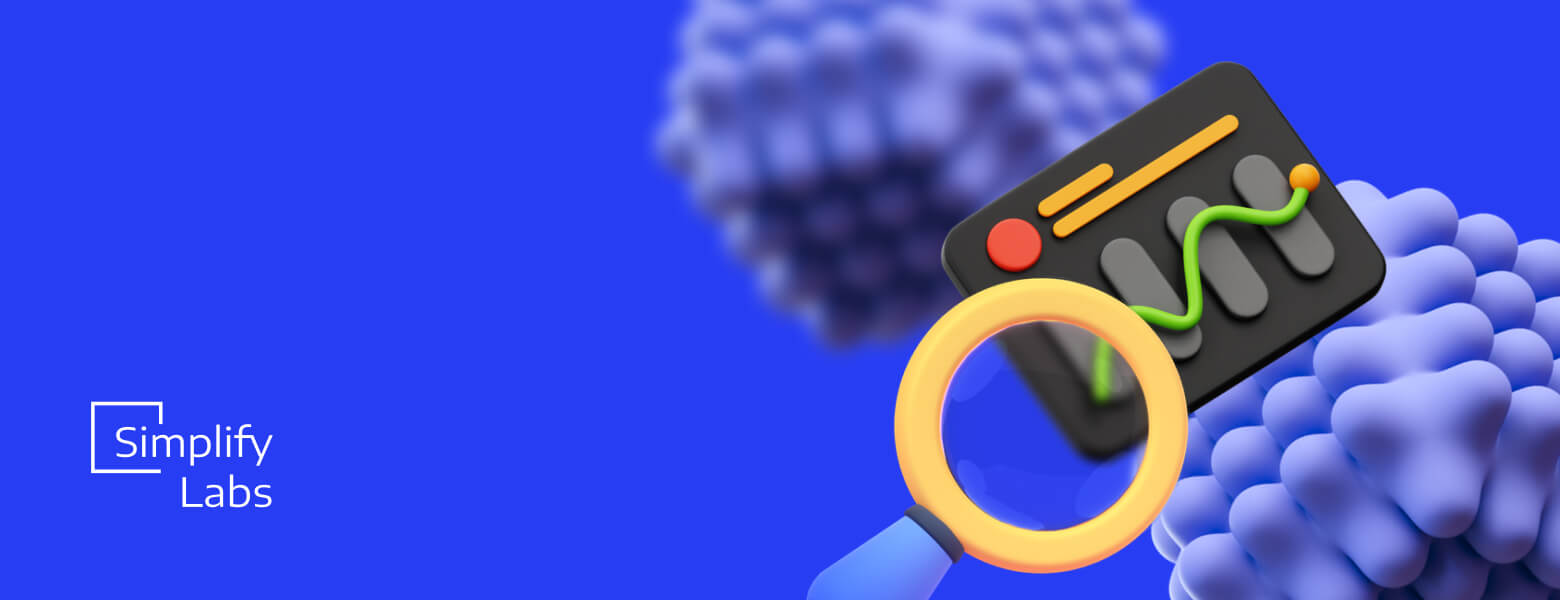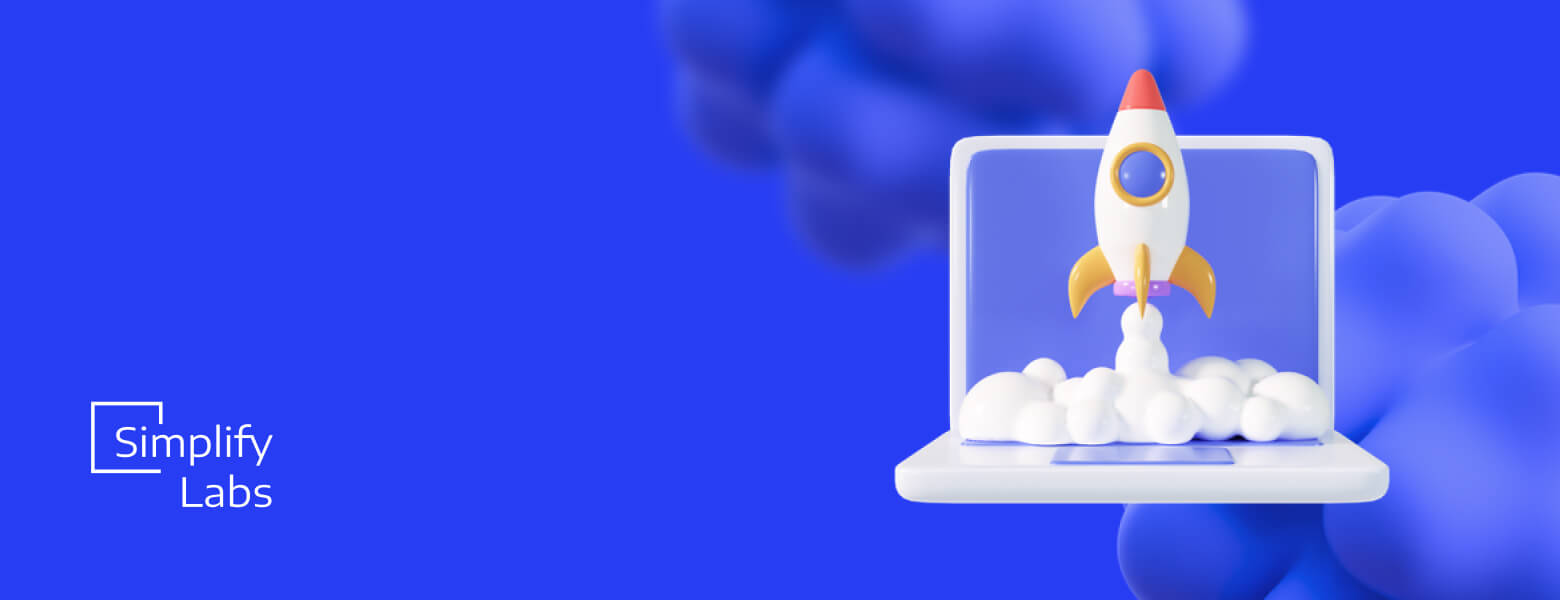In the dynamic world of cryptocurrency, where volatility and volume can make or break a deal, OTC trading desks have become essential tools for savvy investors. If you’ve ever wondered how large players move massive amounts of Bitcoin or Ethereum without shaking up the entire market, the answer lies in crypto OTC trading. An OTC trading desk acts as a private bridge between buyers and sellers, allowing trades to happen over the counter—directly and discreetly—bypassing the chaos of public exchanges.
Unlike the open auctions on platforms like Binance or Coinbase, OTC desks offer a tailored approach for high-volume transactions. This makes them ideal for institutional clients who need to buy or sell large volumes without alerting the market. As crypto markets mature, the demand for reputable OTC desks has surged, providing enhanced privacy and reduced market impact. In this guide, we’ll explore everything from the basics of how these desks operate to the benefits, risks, and practical steps for getting started. Whether you’re a hedge fund manager or a high net worth individual dipping into digital assets, understanding OTC trades can unlock new strategies in your portfolio.
By the end, you’ll know why crypto OTC desks exist and how they fit into your trading toolkit. Let’s dive into the world of over-the-counter trading and see how it empowers traders to navigate crypto with confidence.
What is an OTC Trading Desk?
An OTC trading desk is a specialized service that facilitates cryptocurrency transactions directly between two parties, outside of traditional exchanges. In essence, it’s a private marketplace where buyers and sellers negotiate terms like price and settlement without the transparency of public order books. This setup is particularly valuable in crypto, where even a single large trade can cause significant slippage or volatility.
Crypto OTC desks come in two main flavors: agency desks, which act purely as intermediaries charging a brokerage fee, and principal desks, where the desk takes on some market risk by using its own funds to complete the trade. For example, if you’re looking to acquire thousands of dollars worth of BTC, the desk might quote a price based on current market conditions, allowing you to counter or accept before the deal settles. This process ensures security and confidentiality, keeping your intentions hidden from other market participants.
The beauty of an OTC trading desk lies in its flexibility. Trades can involve fiat currencies like USD or stablecoins, or even complex derivatives, all conducted privately between the parties. Reputable OTC desks prioritize compliance and regulation, making them suitable for institutional investors who demand robust support and tailored services.
How Does Crypto OTC Trading Differ from Traditional Exchanges?
Crypto OTC trading stands apart from trading on traditional exchanges in several key ways, offering a more controlled environment for large transactions. On public exchanges like Kraken or Coinbase, every order hits the open order book, visible to all, which can lead to price swings as algorithms and other traders react. In contrast, OTC trades happen off the books, with desks matching buyers and sellers directly to minimize market impact.
This difference shines brightest when trading large volumes. Exchanges often struggle with liquidity for massive orders, forcing sellers to break them into smaller chunks over time, exposing them to market risk and higher costs. OTC desks, however, provide immediate liquidity through their network of counterparties, enabling a single, swift execution at a negotiated price. While exchanges offer round-the-clock access and lower fees for small retail trades, OTC focuses on discretion and customization, making it the go-to for whales avoiding the spotlight.
Additionally, settlement in crypto OTC is more flexible, with options for instant crypto-to-crypto swaps or delayed fiat transfers, unlike the standardized timelines on exchanges. This tailored approach reduces exposure to sudden volatility, but it requires trust in the desk’s execution capabilities.
What Types of Transactions Can Be Conducted Through OTC Trading?
OTC trading desks handle a wide array of transactions, from simple spot buys and sells to more sophisticated deals. The most common are high-volume spot trades, where clients buy or sell cryptocurrencies like BTC or ETH directly against fiat or another asset. For instance, a family office might use an OTC desk to offload large transactions of altcoins without flooding the market.
Beyond spots, desks support derivatives such as futures or options, allowing hedgers to lock in prices against future volatility. Crypto-to-fiat conversions are popular too, especially for institutions converting profits back to traditional currencies. Even niche trades, like tokenized assets or stablecoin swaps, find a home here, all executed with the privacy that public exchanges can’t match.
What makes these transactions versatile is the negotiation phase: parties discuss volume, price, and settlement terms upfront, ensuring the deal aligns with specific needs. Whether it’s a quick sale of hundreds of thousands in crypto or a structured unwind of a position, OTC desks adapt to the client’s strategy, often completing trades in a single day.
What Parties Typically Engage in Crypto OTC Trading?
Crypto OTC trading attracts a diverse group of participants, primarily those dealing with substantial sums where discretion is key. Institutional investors, including hedge funds and asset managers, lead the pack, using desks to build or liquidate positions without tipping off competitors. High net worth individuals and family offices follow closely, seeking to diversify into crypto with minimal fanfare.
Whales—large holders like early Bitcoin adopters—rely on OTC for dumping or accumulating assets, as exchanges can’t absorb their scale without chaos. Even corporations entering the space, such as those treasury-diversifying into crypto, turn to desks for secure, compliant entry points. Brokers and intermediaries also play a role, connecting these entities through their networks.
These parties value the desks’ ability to connect buyers and sellers efficiently, often across borders, while maintaining confidentiality. In a market full of retail noise, OTC provides the quiet lane for serious players to operate.
Who Uses Crypto OTC Desks?
Building on the parties involved, crypto OTC desks are tailor-made for entities prioritizing scale and stealth. Institutional clients dominate, from venture capital firms hedging exposures to pension funds testing digital waters. High net worth individuals appreciate the personalized service, avoiding the DIY pitfalls of exchanges.
Hedge funds leverage desks for arbitrage plays, executing large trades that inform their broader strategies. Family offices and even some regulated entities use them to manage inheritance portfolios heavy in crypto. Inexperienced traders might dip in via guided services, but the core users are seasoned pros who know the ropes of over-the-counter deals.
This ecosystem thrives because desks bridge gaps that public platforms can’t, offering liquidity where it’s scarce and privacy where it’s paramount.
Benefits of Crypto OTC Trading
The numerous benefits of crypto OTC trading make it a cornerstone for sophisticated market participants. Foremost is enhanced privacy: trades stay off public exchanges, shielding strategies from prying eyes and reducing the chance of front-running by other traders. This confidentiality is crucial in volatile crypto markets, where news of a big buy can spike prices overnight.
Another standout advantage is reduced market impact. When selling large volumes on an exchange, you risk driving down the price mid-trade, leading to slippage and losses. OTC desks mitigate this by sourcing liquidity privately, executing at stable market prices without ripples. Flexible settlement options further sweeten the deal, letting parties choose timelines that suit cash flows or regulatory needs.
Liquidity on demand is a game-changer too—desks tap vast networks to fill orders instantly, even for obscure assets. Plus, negotiation power allows countering quotes, potentially snagging better terms than fixed exchange rates. For institutions, this means lower overall costs and smoother integration into traditional portfolios, all while upholding high security standards.
Risks and Challenges of Crypto OTC Trading
Despite the perks, crypto OTC trading carries inherent risks that demand awareness. Counterparty risk tops the list: since deals involve just two parties or a trusted intermediary, there’s potential for default if one side flakes—think a desk facing liquidity crunches or a seller vanishing post-agreement. Market risk lingers too, as private quotes might diverge from live prices during volatile swings.
Regulatory challenges add another layer; while desks adhere to compliance, the OTC market’s opacity can invite fraud or manipulation, especially with less oversight than exchanges. Inexperienced traders face steeper learning curves, navigating negotiations without the safety nets of order books. Slippage, though minimized, isn’t eliminated if conditions shift mid-deal.
Asset security during settlement is vital—ensure robust custody to avoid hacks. Opaque pricing can lead to disputes, and limited transparency means relying on the desk’s integrity. Overall, these hurdles underscore the need for due diligence, but with a reputable OTC desk, most challenges become manageable.
The Importance of Trusted Partners in OTC Trading
In the OTC space, trusted partners are non-negotiable for safe, efficient trading. A reliable desk acts as more than a broker—it’s a safeguard against fraud, ensuring compliance with global regulations like KYC and AML. They provide transparent quotes, ironclad contracts, and post-trade support, turning potential pitfalls into seamless experiences.
Choosing a partner with a proven track record minimizes counterparty risk and builds confidence in execution. Look for desks with strong networks, audited operations, and positive client feedback—these entities often offer tailored advice, from market insights to risk hedging. In crypto’s fast-evolving landscape, a trusted ally helps navigate volatility, securing better outcomes for all involved.
Without one, even the best strategies falter; with it, OTC unlocks its full potential as a strategic edge.
Finding an OTC Desk
Locating the right OTC desk starts with research into reputable providers known for liquidity and security. Platforms like those from established exchanges often have in-house desks, but independent specialists shine for customization. Evaluate based on fees, supported assets, and settlement speed—aim for those offering fiat ramps and 24/7 support.
Network through industry events or forums to gauge reputations; read reviews from institutional clients for real insights. Verify licenses and audit histories to ensure compliance. Once shortlisted, request sample quotes to test responsiveness. A good desk will guide you through onboarding, from account setup to first trade, making the process straightforward.
Remember, the best fits align with your volume and strategy—start small to build rapport.
Is OTC Trading Real or Fake?
Absolutely, OTC trading is real and a legitimate pillar of global finance, including crypto. Far from a scam, it’s a time-tested method used by banks and funds for decades, now adapted for digital assets. Regulated desks operate under strict oversight, executing billions in trades annually with verifiable records.
Skeptics might confuse it with unregulated pump-and-dumps, but reputable OTC desks employ professionals, clear documentation, and escrow for safety. In crypto, it’s as real as exchange trading—just more private. Always vet partners to sidestep fakes, but rest assured: OTC is a vital, authentic avenue for serious deals.
Do OTC Markets Have a Trading Floor?
No, OTC markets don’t feature a physical trading floor like the old NYSE pits. They’re decentralized networks of brokers, desks, and electronic platforms, operating virtually across the globe. Trades occur via phone, secure chats, or proprietary software, connecting buyers and sellers without a central hub.
This lack of a floor enhances flexibility—deals can happen anytime, anywhere—but relies on digital security. In crypto, it’s all online, emphasizing the need for encrypted channels and trusted intermediaries. The absence of a floor keeps costs low and access broad, democratizing high-level trading.
Are There Limitations Placed on OTC Trading?
Yes, OTC trading faces limitations to maintain market integrity. Regulatory caps on trade sizes or reporting requirements prevent abuse, while desks may impose minimum volumes to ensure viability. Liquidity isn’t infinite; during extreme volatility, sourcing matches takes longer.
Geographic restrictions apply too—some desks limit services by jurisdiction for compliance. Counterparty vetting adds hurdles, requiring KYC that slows entry for newcomers. Despite these, limitations foster safety, balancing freedom with oversight in an otherwise open field.
How Do I Start Placing OTC Trades?
Starting with OTC trades is straightforward: First, select a reputable OTC desk via research or referrals. Open an account by submitting ID and proof of funds—approval typically takes a day or two. Fund your account with fiat or crypto, then request a quote for your desired asset and volume.
Review the quote, negotiate if needed, and confirm terms. The desk matches you with a counterparty, executes the trade, and settles—often within hours. Monitor via their dashboard for real-time updates. Start with smaller deals to gain experience, and always have a clear exit strategy.
Are There Any Additional Trading Fees?
Yes, additional fees can apply in OTC trading, beyond standard spreads. Brokerage fees for agency desks might range from 0.1% to 1%, depending on volume and complexity. Principal desks bake costs into quotes, potentially higher during illiquid periods.
Settlement fees for fiat wires or custody add up, plus any compliance surcharges. However, for large trades, these often undercut exchange costs by avoiding slippage. Always clarify fee structures upfront—transparent desks provide breakdowns, ensuring no surprises.
Where Can I View My Quote History and Deal History?
Most reputable OTC desks offer a secure client portal or dashboard to view quote and deal history. Log in to access archived quotes, showing past negotiations, accepted rates, and rejected counters. Deal history details executions, settlements, and P&L breakdowns.
Some integrate with trading apps for mobile access, with filters by date, asset, or status. Export options let you download CSVs for records. If issues arise, support teams can pull reports—keeping everything in one place streamlines compliance and review.
Where Can I View Archived OTC Trades?
Archived OTC trades are typically housed in the same client dashboard under a dedicated section. Search by trade ID, date range, or counterparty to pull up full details, including contracts and settlement confirmations. Desks retain records for years to meet regulatory needs, accessible via secure login.
For deeper audits, request official statements from support. This transparency helps track performance and resolve disputes, ensuring your history is always at hand without hassle.
Launch Your OTC Trading Strategy with Simplify Labs
Ready to harness the power of crypto OTC desks for your portfolio? At Simplify Labs, we specialize in bespoke OTC trading solutions tailored for institutional clients and high net worth individuals. Our secure, compliant desks connect you to deep liquidity networks, minimizing risks while maximizing efficiency—whether you’re buying large volumes of BTC or unwinding ETH positions discreetly.
Request a Consultation Today
Imagine executing high-volume transactions with enhanced privacy and zero market impact, backed by our expert brokers. We’ve empowered hedge funds and family offices to navigate crypto markets seamlessly, delivering flexible settlement options and real-time quotes.
Key Features:
- Direct Matching: Trade directly with vetted counterparties for optimal pricing.
- Risk Mitigation: Advanced tools to counter counterparty risk and volatility.
- Global Reach: Access to fiat and crypto pairs worldwide, 24/7.
Our goals: Streamline your trades, boost liquidity access, and ensure ironclad security for sustained growth.
Proven Results:
- Over 500 institutional trades facilitated last year.
- 95% client retention through superior execution.
- Average 20% reduction in effective fees vs. exchanges.
Why Partner with Simplify Labs for OTC Trading?
- Expert Network: Years in crypto, with ties to top liquidity providers.
- Custom Strategies: Tailored desks for your unique needs, from agency to principal models.
- Compliance First: Full regulatory adherence, protecting your assets.
- Seamless Onboarding: Quick setup to start trading in days.
Don’t let market noise disrupt your moves—contact Simplify Labs today to build a resilient OTC trading desk strategy and elevate your crypto game.






